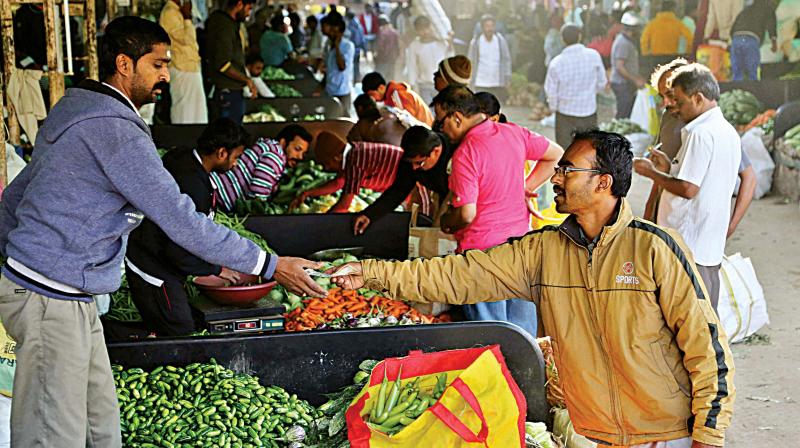Demonetisation will help clean up system
Demonetisation of Rs 500 and Rs 1,000 currency notes by the government is an excellent move.

In my opinion, demonetisation of Rs 500 and Rs 1,000 currency notes by the government is an excellent move. Yes, initially there will be hiccups as we are seeing, but the people have faith in the Prime Minister and that is the reason they are suffering and bearing the hardship. They believe that it will help clean up the system. It has given a big boost to Prime Minister Narendra Modi and has raised his credibility levels. Former RBI Governor C. Rangarajan has hailed the move, calling it a standard prescription to clean the system, while another ex-governor D. Subbarao too has welcomed it.
The opposition is of course baying for blood. They are blaming the implementation, but not the move itself, which shows that demonetization was not a bad decision at all. Surely a disruption of this nature will have repercussions on the economy. But I think it is a driver for a paradigm shift in policies. Obviously, this is just the beginning and many more moves are required to clean up the system which will ultimately benefit the nation in the long run.
Look at the way it has hit Naxal operations, hawala rackets and terrorist operations. They are suffering because they don’t have money to fund their destructive activities. The people are ready to bear the brunt just to ensure that the system is cleaned up, and the next two or three months will be crucial. It has already benefited the government and has given more mileage to Mr Modi’s campaign against black money. With elections in a few states on the horizon, it will augur well for the economy as massive cash deposits will not be available for the parties to sway the poor. The immediate effect has been a reported 15-20 per cent surge in card and online transactions.
The rural population in the country is reluctant to get into the banking system. Some have even said that the banking system is being imposed on the rural populace. But I beg to differ. I can understand if farmers used the barter system. But they don’t. They use currency notes, which carry the signature of the RBI governor. How can one say that the farmers are not within the banking system? What is important is that we Indians don’t have the habit of paying taxes, and we are reluctant in declaring assets too. We think that the government is extortionist and hence avoid paying taxes and declaring assets. In one swell swoop, the demonetisation will bring them under the banking system.
I think by bringing the rural population under the banking system, we will see a lifestyle change among the poor. The women, who were never associated with banking, too will be brought under the system. Just like the old adage goes, “An educated mother means an educated family”, an economically empowered woman would mean an economically empowered family. U.R. Ananthamurthy once said that the so-called social ladder is a wheel. Whichever way it goes, the poor are going to come up. People are bearing with this move as they are fed up with the establishment and the entrenched system.
Despite the Chief Justice of India commenting that this move will lead to riots, no such incidents have been reported. Now, the Modi government needs to ensure that the poor benefit. Whatever money the government makes from this move should be funneled back into social projects, such as infrastructure building, healthcare and education. The advantages must percolate right down to the lowest levels of society. The fist people who must benefit should be the poorest of the poor.
I would like to say that the demonetisation will help clean up the system in the long run, despite minor hiccups initially which will hopefully be ironed out soon. Rather than calling it demonetisation, I would like to call it delegalising of Rs 500 and Rs 1,000 notes.
(The writer is an actor and a social activist)

